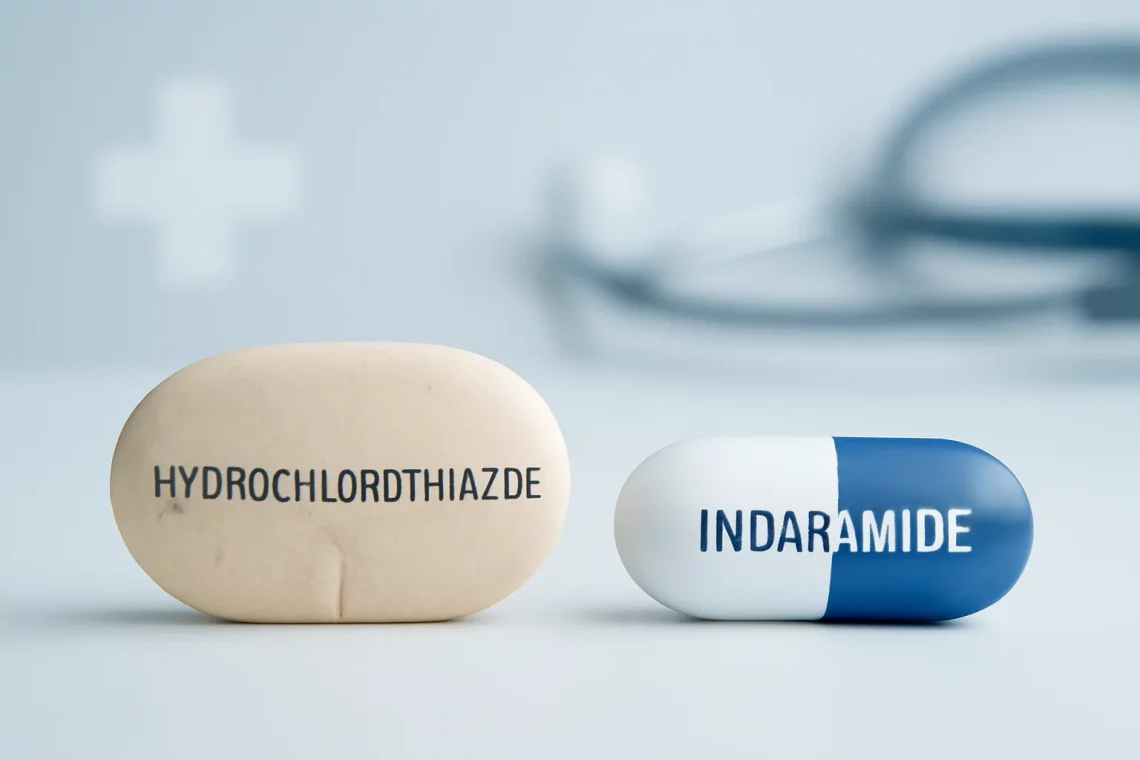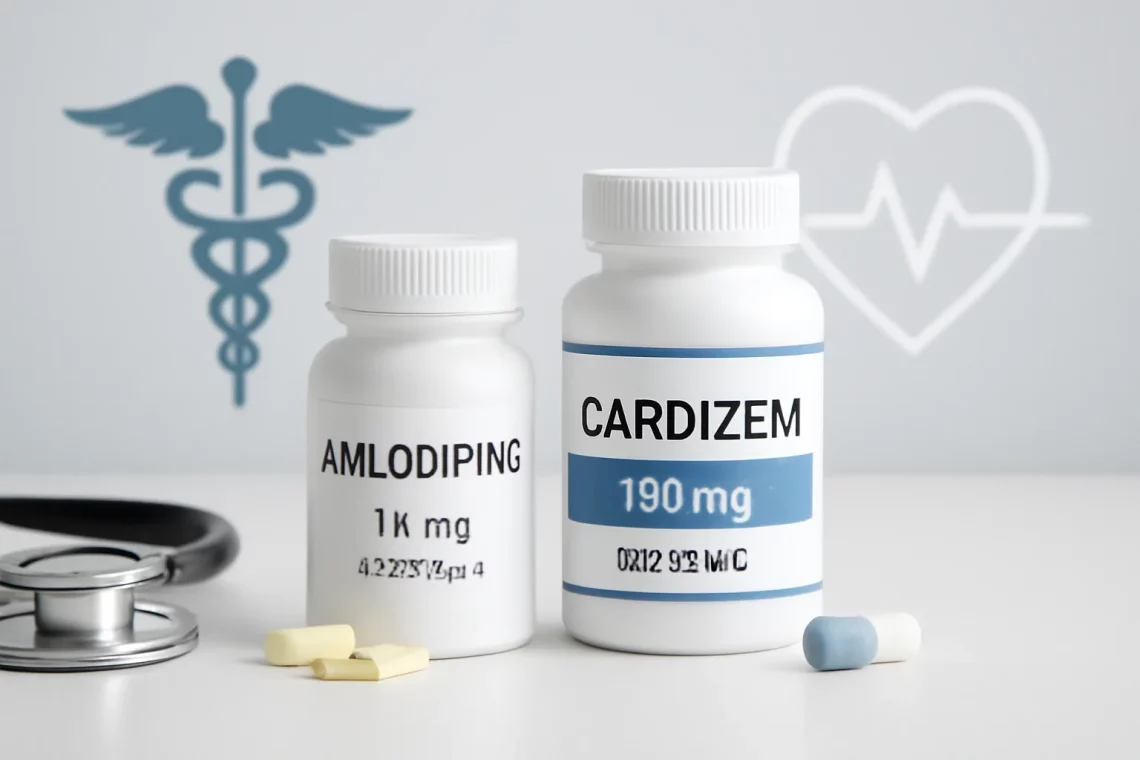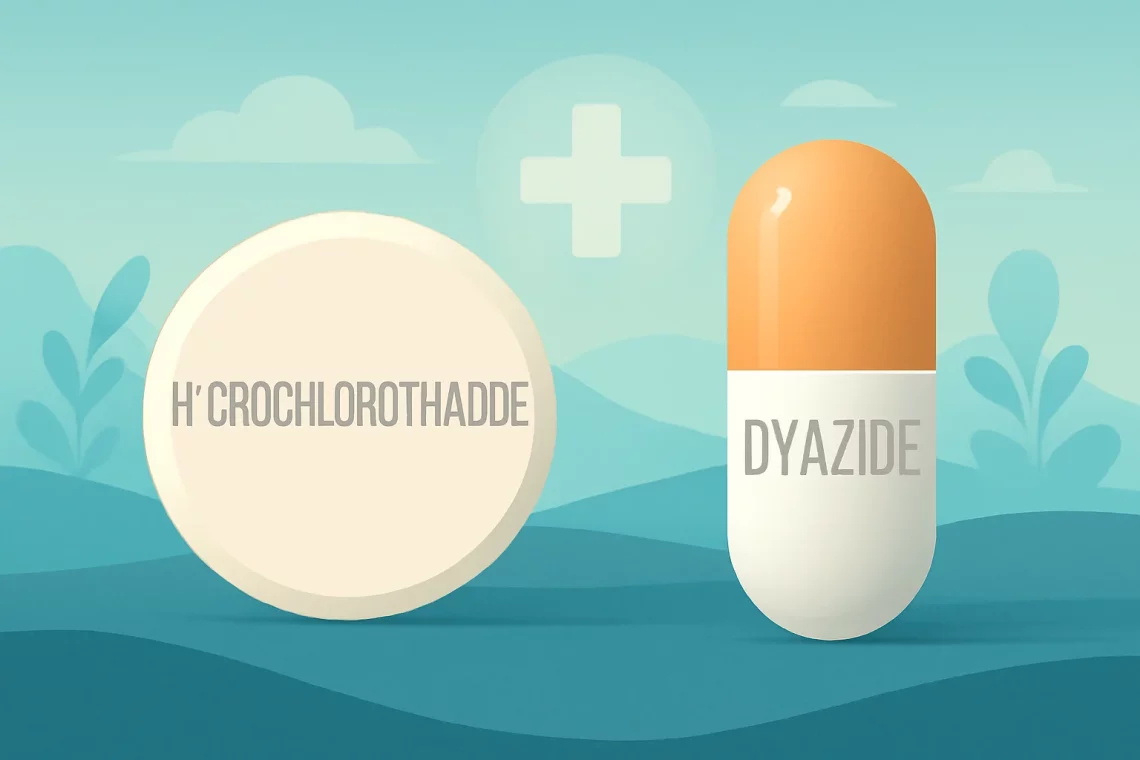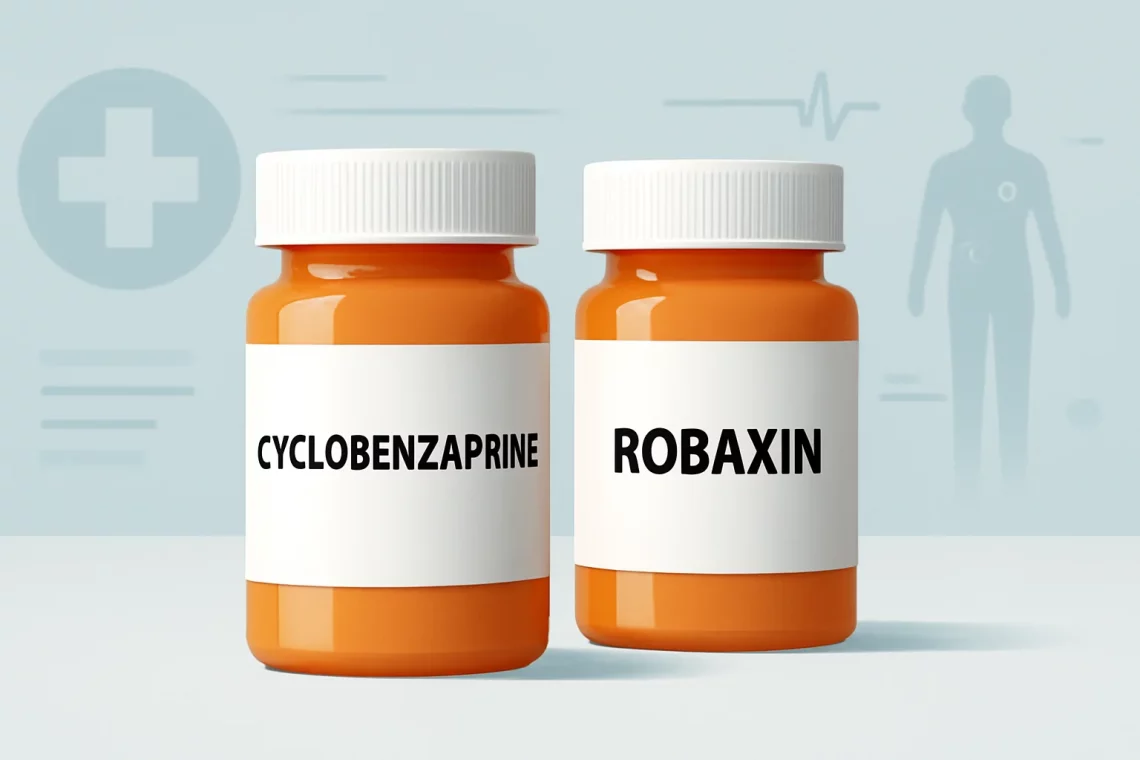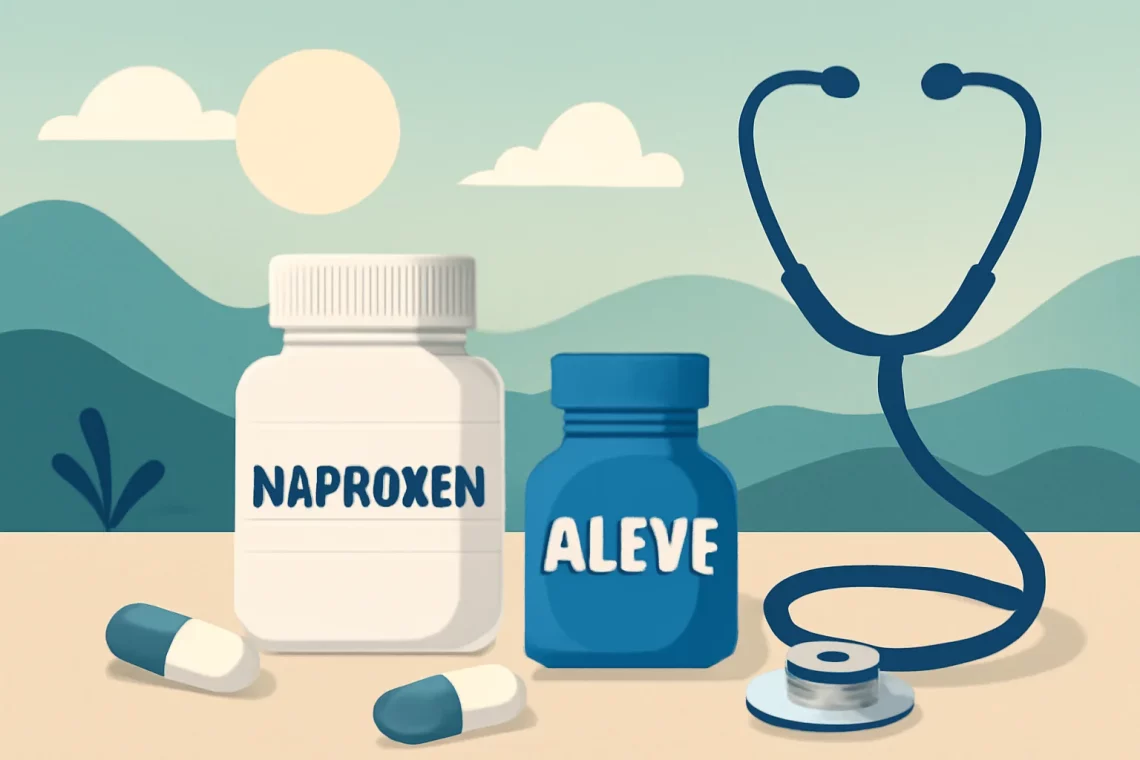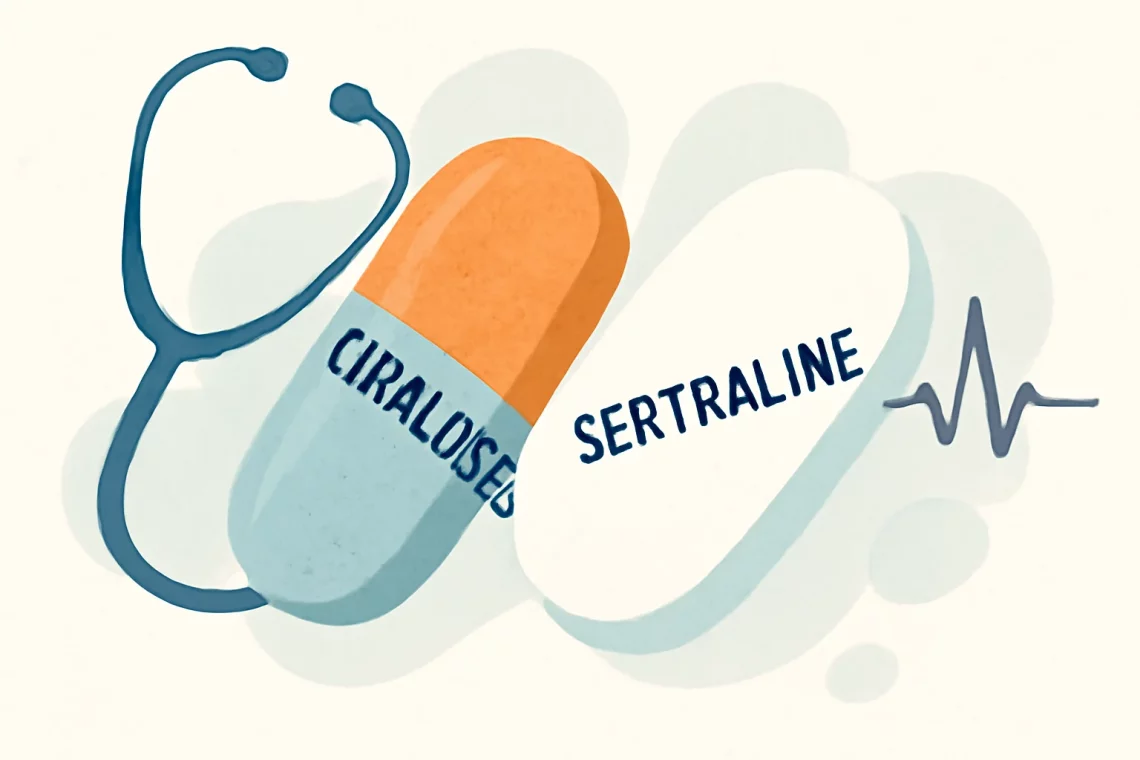-
Valsartan vs Losartan: Which Blood Pressure Medication is Right for You?
High blood pressure, also known as hypertension, is a common health issue affecting millions of people worldwide. It often goes unnoticed as it typically does not present any symptoms, which is why it is often referred to as a “silent killer.” Managing hypertension is crucial as it can lead to serious complications such as heart disease, stroke, and kidney failure. To combat this condition, healthcare providers often prescribe medications known as antihypertensives. Among the various options available, two widely used medications are Valsartan and Losartan. Both belong to a class of drugs called angiotensin receptor blockers (ARBs) and are effective in lowering blood pressure by relaxing blood vessels. However, despite…
-
Hydrochlorothiazide vs Indapamide: Key Differences Explained
High blood pressure, also known as hypertension, is a prevalent health condition affecting millions of individuals worldwide. Often dubbed the “silent killer,” hypertension can lead to serious health complications if not managed properly. As such, effective management of blood pressure is crucial for maintaining overall health and preventing associated risks such as heart disease, stroke, and kidney problems. Among the various treatment options available, both hydrochlorothiazide and indapamide stand out as commonly prescribed diuretics. These medications play a significant role in helping patients regulate their blood pressure levels while also contributing to fluid balance in the body. Understanding the differences and similarities between hydrochlorothiazide and indapamide can be vital for…
-
Amlodipine vs Cardizem: Comparing Two Common Blood Pressure Medications
Amlodipine and Cardizem are two commonly prescribed medications used to manage hypertension and certain types of angina. Both belong to a class of drugs known as calcium channel blockers, which work by relaxing the blood vessels to allow for easier blood flow. Over the years, these medications have gained popularity due to their effectiveness in controlling blood pressure and alleviating chest pain associated with heart conditions. While both Amlodipine and Cardizem serve similar purposes, they have distinct differences that can influence a doctor’s choice when prescribing them. Factors such as the patient’s medical history, specific health conditions, and potential side effects play a crucial role in determining which medication may…
-
Hydrochlorothiazide vs Dyazide: Key Differences and Uses Explained
Hydrochlorothiazide and Dyazide are two medications often discussed in the context of managing hypertension and fluid retention. Both of these drugs belong to the class of thiazide diuretics, which are commonly prescribed for lowering blood pressure and reducing excess fluid in the body. While they share some similarities, they also possess distinct characteristics that can influence a healthcare provider’s choice when determining the most appropriate treatment for a patient. Understanding the nuances between Hydrochlorothiazide and Dyazide can be beneficial for patients, caregivers, and healthcare professionals alike. The choice of medication can depend on various factors, including the patient’s overall health, specific medical conditions, and the presence of other medications. Furthermore,…
-
Canagliflozin vs Dapagliflozin: Which is the Better Diabetes Treatment?
The management of diabetes has evolved significantly over the years, with new medications continually being developed to enhance treatment efficacy and improve patient outcomes. Among these advancements, SGLT2 inhibitors have emerged as a pivotal class of medications for managing Type 2 diabetes. These drugs work by promoting the excretion of glucose through urine, thereby lowering blood sugar levels. Canagliflozin and Dapagliflozin are two prominent medications within this class, each with distinct profiles and benefits. Both of these medications have garnered attention for their ability not only to control blood sugar but also to provide additional cardiovascular and renal benefits. As the prevalence of diabetes continues to rise globally, understanding the…
-
Cyclobenzaprine vs Robaxin: Key Differences and Uses Explained
Cyclobenzaprine and Robaxin are two commonly prescribed muscle relaxants that are used to alleviate muscle spasms and discomfort caused by musculoskeletal conditions. As patients seek effective relief from pain and tension, understanding the differences between these medications becomes crucial. Both drugs belong to different classes of muscle relaxants and have unique mechanisms of action, side effects, and potential interactions. Cyclobenzaprine is often utilized for short-term treatment of muscle spasms, providing quick relief for patients who are recovering from injuries or dealing with acute pain. Its sedative properties can be beneficial in promoting rest, but they also raise considerations regarding daytime drowsiness and impairment. On the other hand, Robaxin, or methocarbamol,…
-
Naproxen vs Aleve: Understanding Their Uses and Differences
Naproxen and Aleve are two commonly used medications that belong to a class of drugs known as nonsteroidal anti-inflammatory drugs (NSAIDs). These medications are widely utilized for their analgesic and anti-inflammatory properties, making them effective for treating various conditions such as arthritis, muscle pain, menstrual cramps, and other types of pain. The popularity of both Naproxen and Aleve can be attributed to their efficacy in providing relief from discomfort while also reducing inflammation. Understanding the differences and similarities between Naproxen and Aleve can be crucial for individuals seeking the most suitable option for their pain management needs. While both medications offer similar benefits, they also have unique characteristics that may…
-
Viagra vs BlueChew: Which One is Right for You?
Erectile dysfunction (ED) is a common issue that affects millions of men around the world, leading to challenges in intimate relationships and overall self-esteem. While various treatments are available, Viagra and BlueChew have emerged as two popular options that cater to different needs and preferences. Viagra, the well-known pharmaceutical, has been a go-to solution for decades, providing reliable results for many. On the other hand, BlueChew represents a more modern approach, offering the convenience of chewable tablets and a subscription-based service that caters to a new generation of users. As societal attitudes toward sexual health evolve, men are increasingly seeking discreet and effective solutions for ED. The advent of telehealth…
-
Quviviq vs Lunesta: Which Sleep Aid is Right for You?
Sleep disorders have become increasingly prevalent in today’s fast-paced society, affecting millions of individuals worldwide. As people grapple with stress, anxiety, and an array of lifestyle factors, many turn to sleep aids to help them achieve the restorative rest they desperately need. Among the myriad of options available, Quviviq and Lunesta have emerged as popular choices for those seeking relief from insomnia and other sleep-related concerns. Both medications have their unique properties, indications, and mechanisms of action, making them suitable for different patient profiles. Understanding the differences and similarities between these two medications can empower individuals to make informed decisions about their sleep health. As sleep is crucial not only…
-
Citalopram vs Sertraline Which Antidepressant is Right for You
Citalopram and sertraline are two widely prescribed antidepressants that belong to the selective serotonin reuptake inhibitor (SSRI) class of medications. These drugs are primarily used to treat various forms of depression and anxiety disorders, offering relief to countless individuals struggling with these conditions. The increasing prevalence of mental health issues has led to a growing interest in understanding the effectiveness and differences between these two medications. Both citalopram and sertraline work by increasing the levels of serotonin in the brain, a neurotransmitter that plays a crucial role in mood regulation. Despite their similar functions, they have distinct characteristics, side effects, and dosing regimens that can influence the choice of one…




